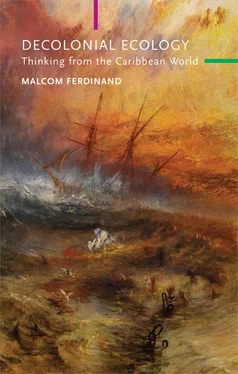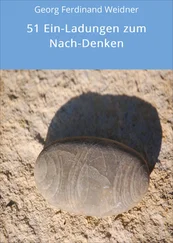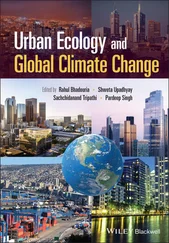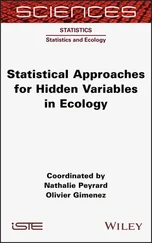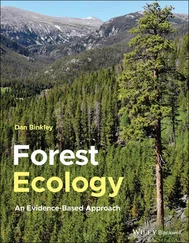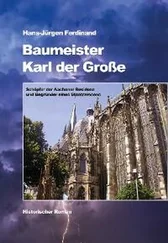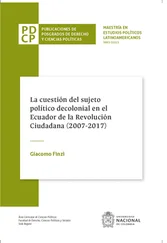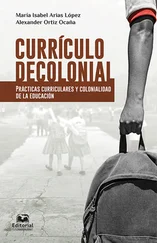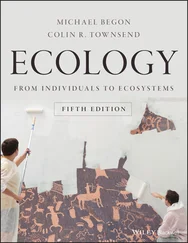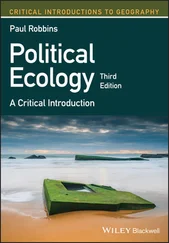1 ...6 7 8 10 11 12 ...18 The decolonial ecology that I am proposing is different from this current of thought because the central focus is on the experiences of the third terms of modernity and the slave ship, the fundamental experiences of those Black Africans now in the Caribbean who were uprooted from Africa and enslaved. 52This gesture is linked to Africana philosophy, which allows the thinking to resurface, history, and philosophies of Africans and African Americans and is represented by the work of Valentin Mudimbé, Cheikh Anta Diop, Cedric Robinson, Sylvia Wynter, Souleymane Bachir Diagne, Nadia Yala Kisukidi, Lewis Gordon, and Norman Ajari. 53Decolonial ecology aims to restore Black people’s dignity in the wake of the battles waged by Aimé Césaire and Maryse Condé, by Toussaint Louverture and Rosa Parks, by Harriet Tubman and Malcolm X, by Frantz Fanon and Christiane Taubira. Finally, thinking from within the slave ship’s hold is also a matter of gender. The separation that often took place inside the hold, where men are placed on one side and women and children on the other, underlines the different forms of oppression these third terms experience. Decolonial ecology fully agrees with feminist and, singularly, Black feminist critiques that show the intricacies of gendered domination within the racist constitutions of nation-states, critical work such as that of Elsa Dorlin, Kimberlé Crenshaw, Eleni Varikas, bell hooks, and Angela Y. Davis. 54
This is not an ecology that is to be applied to people of color and formerly colonized territories, like an additional shelf on a bookcase that is already established, as has been proposed by some. 55Decolonial ecology shatters the environmentalist framework for understanding the ecological crisis by including from the outset this confrontation with the world’s colonial fracture and by pointing to another genesis of ecological concern. In this way, I agree with the advances of the environmental justice movements 56and postcolonial ecocriticism. 57The concepts of “environmental racism,” “environmental colonialism,” “ecological imperialism,” and “green orientalism” describe how environmental pollution and degradation, as well as certain preservation politics, reinforce domination over the poor and racialized. 58The critique of the destruction of the planet’s ecosystems is then intimately tied to the critique of colonial and postcolonial dominations and to demands for equality. It is just such an ecologico-political struggle that the Haitian novelist Jacques Roumain staged in his 1944 Gouverneurs de la rosée (translated into English by Langston Hughes as Masters of the Dew ). 59In 1950, Aimé Césaire exposed the wrongdoing colonialism carried out against the colonized and “natural economies”:
They dazzle me with the tonnage of cotton or cocoa that has been exported, the acreage that has been planted with olive trees or grapevines. I am talking about natural economies, harmonious and viable economies adapted to the indigenous population that have been disrupted, about food crops destroyed, about malnutrition permanently introduced, about agricultural development oriented solely toward the benefit of the metropolitan countries; about the looting of products, the looting of raw materials. 60
In 1961, Fanon already associated the process of political decolonization with a radical change in the ways we inhabit the Earth, with a new inquiry about our relationship to the environment, opening the door to other forms of energy, including solar energy:
The colonial regime has hammered its channels into place and the risk of not maintaining them would be catastrophic. Perhaps everything needs to be started over again: The type of exports needs to be changed, not just their destination; the soil needs researching as well as the subsoil, the rivers and why not the sun. 61
In response to global capitalism and postcolonial agreements that maintain these destructive ways of inhabiting the Earth and continue the domination of the formerly colonized and racialized by way of military and financial coercion, the African-American sociologist Nathan Hare declared in 1970: “the real solution to the environmental crisis is the decolonization of the black race.” 62Similarly, in 1986 in Paris, Thomas Sankara denounced the “colonial plunder [that] has decimated our forests without the slightest restorative thought for our tomorrows.” 63Sankara then declared evocatively, “this struggle to defend the trees and forests is above all a struggle against imperialism. Because imperialism is the arsonist setting fires to our forests and our savannas.” 64
This is also what the participants of the First National People of Color Environmental Leadership Summit affirmed in Washington in 1991, linking the protection of Mother-Earth to decolonial and antiracist demands. 65The Kenyan biologist Wangari Maathai, who was awarded the 2004 Nobel Peace Prize for her ecological and feminist commitments in the Green Belt movement, recalls the wounds inflicted upon the Earth by colonial companies that were supported by Christian followers who devalued the practices of indigenous peoples such as the Kikuyu of Kenya, practices that are now recognized for their role in protecting biodiversity. 66In this, decolonial ecology is inspired by a range of environmentalist movements in the Caribbean. From Assaupamar in Martinique, to Casa Pueblo in Puerto Rico, to the Papaya peasant movement in Haiti, to the struggles of the Saramaka people in Suriname to save their forest, to the Afro-Colombian feminist and ecological movement led by Francia Márquez, a body of people are articulating a way of preserving the environment in the pursuit of a world free from its (post)colonial inequalities and power relations passed on since the time of slavery. These were the terms Márquez used when she accepted the 2018 Goldman Prize for the Environment:
I am part of a process, of a history of struggle and resistance. It began when my ancestors were brought to Colombia as slaves. I am part of the struggle against structural racism, part of the ongoing fight for freedom and justice, part of those people who hold onto hope for a better life, part of those women who use their maternal love to take care of their land as a place where life thrives. I am one of those people who raise their voices to stop the destruction of rivers, forests, and wetlands. 67
Decolonial ecology is a centuries-old cry for justice and an appeal for a world .
A world-ship: the world as a horizon for ecology
The third proposition is to posit the world as ecology’s starting point and horizon. In this, I follow the intuitions of Hannah Arendt, André Gorz, and Étienne Tassin, for whom nature, its defence, and the ecological crisis involve the world above all. 68The “world” is to be distinguished from the “Earth” or the “globe,” with which the world is often confused. The world would seem to be given from the outset, with the physical interdependence of the globe and the ecosystems of the Earth taken as proof. But, unlike the Earth, the world is not self-evident. Our existence on Earth would be very bleak if it were not also part of multiple social and political relationships with others, human and non-human. If the Earth and its ecosystemic equilibriums constitute the conditions for the possibility of collective life, the world in question is of a different nature, as Arendt says:
the physical, worldly in-between along with its interests is overlaid and, as it were, overgrown with an altogether different in-between which consists of deeds and words and owes its origin exclusively to men’s acting and speaking directly to one another. 69
This in-between, made up of actions and words, is not reducible to its material scenes, to the intimate circles of communities, or to the economic exchanges of the markets. What is at stake for the collective experience of the world in stock markets and other transactional arenas of global finance or global economies is quite different from what is at stake in demonstrations that aim to protect democracy or take place in the parliamentary spaces of debate. Global ization and world ization are therefore two different, even opposing, processes. The first is the totalizing extension and standardizing repetition of an unequal economy on a global scale, one which destroys cultures, social worlds, and the environment. The second is an opening, through the political action of a living together, of the infinite horizon of encounters and sharing. 70The problem arises when public scenes, where laws and ways of living together are imagined, are usurped by the capitalist interests of the free market, by lobbyists in particular. The ecological crisis is also the manifestation of what Gorz refers to as the “colonization of the life-world” 71and what, in his ecosophy, Félix Guattari called “Integrated World Capitalism,” 72referring to the processes by which the financial interests of certain companies and groups such as Monsanto-Bayer or Total dictate to the rest of the world ways of inhabiting the Earth that are violent and unequal.
Читать дальше
